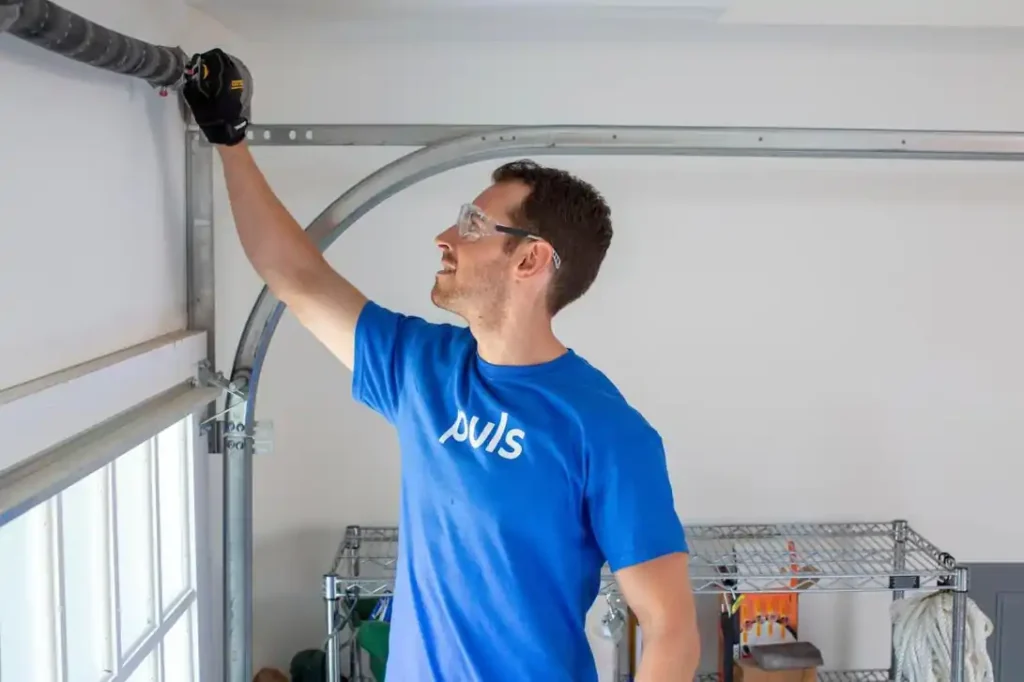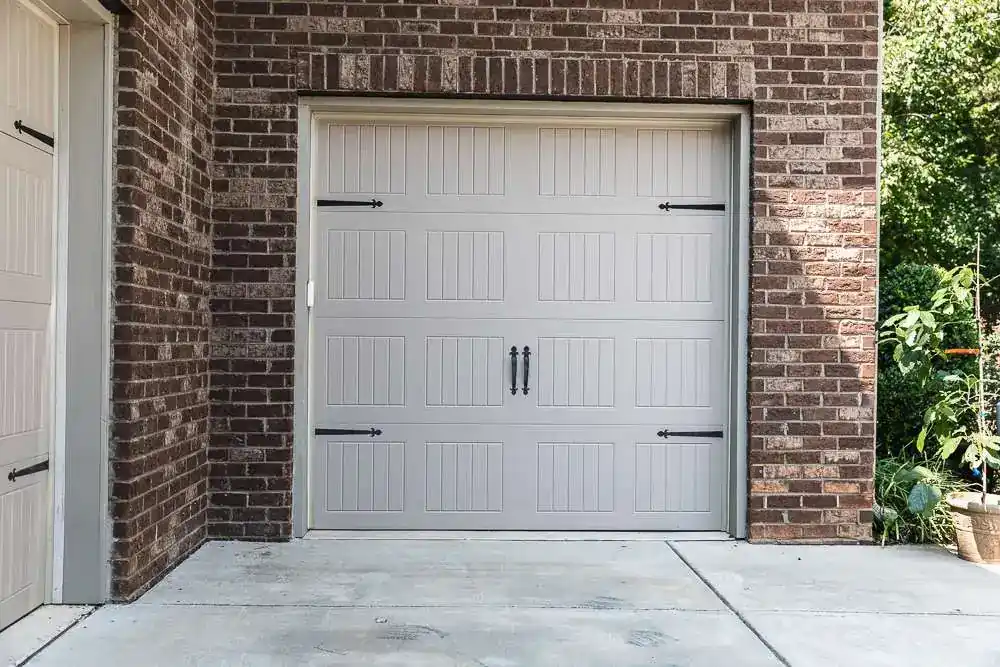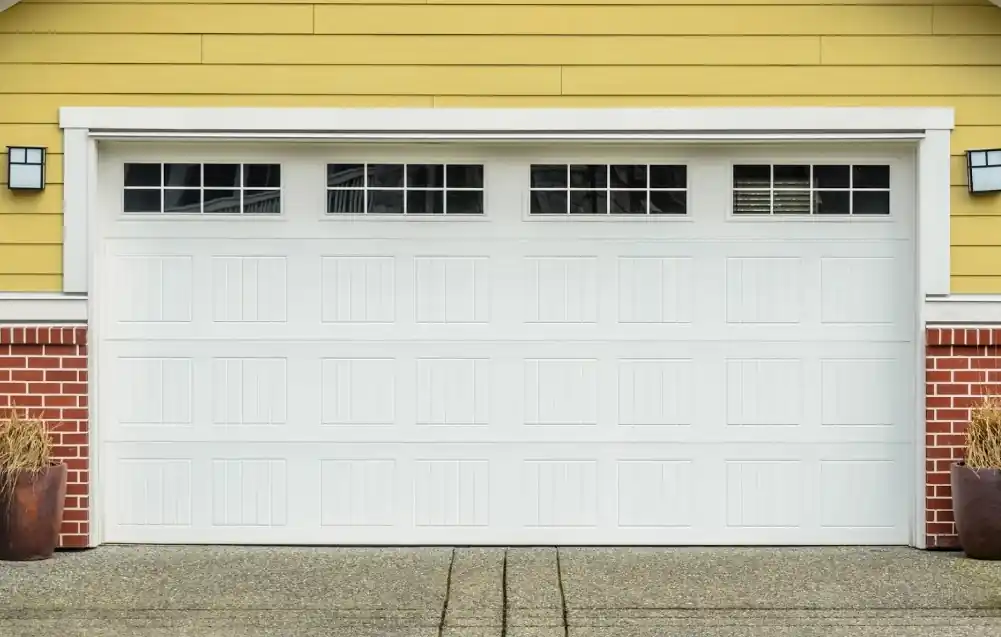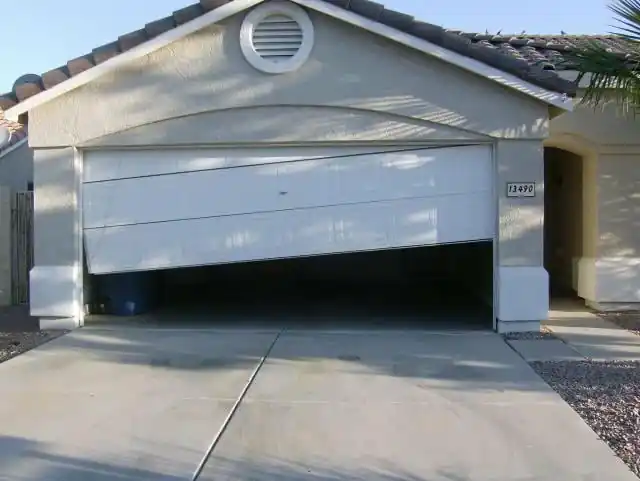You know that feeling when you finally think you can call it a night, hit the remote, and watch your garage door begin its graceful slide down—only to stop halfway, hesitate like it’s changing its mind… and then pop right back up? Yeah. It’s confusing. Frustrating.
And honestly, a little spooky. If your garage door won’t stay closed, you’re definitely not alone. It’s one of those annoyingly common issues that somehow never happens at a convenient time—usually when you’re already half-asleep or it’s pouring rain outside.
How to Fix a Garage Door Won’t Stay Closed

Weirdly unsettling, isn’t it? Especially when it’s dark out and you start imagining raccoons (or worse, strangers) making themselves at home in your garage. But before you spiral into full-blown paranoia, let’s take a breath. Sometimes it’s a minor hiccup. Other times? Well, the issue might be a bit deeper.
Let’s walk through the most surprising (and honestly, sometimes ridiculous) reasons your garage door won’t stay closed. And yeah, we’re talking everything from misaligned sensors to ghostly power surges.
1. Misaligned Safety Sensors (The Eye Contact Problem)
So there’s this little-known fact: your garage door is kind of obsessed with eye contact. Specifically, between two sensors near the bottom of the door tracks. These little devices shoot a beam across the door’s path, and if anything’s in the way (a broom handle, a leaf, your kid’s forgotten scooter), it stops the door from closing. Which is smart… until it starts misfiring. And suddenly your garage door won’t stay closed, even though nothing’s actually blocking the way.
But sometimes, they just get… moody. A misalignment can trick the system into thinking something’s blocking the beam even when nothing’s there. Maybe someone kicked one by accident. Maybe the floor shifted just enough. Maybe the sensor lights aren’t even green anymore, just blinking like they’re trying to send an SOS.
A gentle nudge back into position and a quick wipe with a soft cloth can do the trick. Unless it’s worse. Then you’re in misaligned sensors territory, and yeah, that might call for a garage door technician.
2. Faulty Limit Settings (Or: Your Door’s Confused Boundaries)
Your garage door has a memory. Kinda. The limit switch or travel limit setting tells it how far to go down before stopping.
But if the limit adjustment screws were turned too far in one direction—maybe during the last garage door repair, maybe when you were just poking around—the system might believe the floor is still several inches lower than it actually is. So it closes… keeps trying… and then panics. Reverse!
And back up it goes. Like a yo-yo.
Correcting these limit settings isn’t rocket science, but it does involve knowing which screw is which. (And no, it’s not always labeled clearly.) If you hear the motor unit straining or sense the door is under too much pressure, stop. A professional garage door technician can reset those settings without adding additional damage.
3. Damaged or Dirty Sensor Eyes (Yes, They Can Get Cranky)

If your garage door won’t stay closed, don’t ignore the little things. Even a layer of dust or a spider web over the garage door sensors can mess with the beam path. It sounds petty, but hey—these sensors take their job seriously.
Sensor lights should be steady, not blinking. A blinking sensor light usually means something’s wrong: dirty lenses, loose wires, or a faulty connection. Cleaning them gently with a clean cloth might fix it. If not, well, those tiny wires might need checking.
Pro tip? Check the alignment, too. Sometimes you accidentally realign them while cleaning. Funny how fixing one problem can create another, huh?
4. Battery Problems (Dead or Dying, They Still Cause Drama)
Let’s be real. We don’t think about batteries until something stops working. Your garage door remote control, wall button, or even the backup batteries in the opener itself can cause chaos when they’re low.
You hit the button. Nothing. Or worse, it works sometimes. Maybe. Then doesn’t.
Battery replacement is one of those mundane reasons we tend to overlook. But sometimes, that’s all it takes. Especially if your garage door won’t stay closed and you’re staring at a Chamberlain opener blinking at you like it’s trying to communicate in Morse code — yeah, those 10 blinks? That’s its weird way of saying: hey, maybe check the batteries.
Or the wiring. Or possibly even the wall-mounted button. (These systems don’t like to make things obvious. They kind of enjoy the mystery.) And don’t forget the garage circuit breaker. One bad power surge and the whole setup gets wonky.
5. Broken or Worn-Out Springs (Sounds Mechanical, Feels Personal)
This one’s a bit more intense. Garage door springs—especially torsion or extension springs—are crucial for balancing that heavy garage door. If they snap? The door becomes dead weight. And dangerous.
Sometimes the springs aren’t broken, just damaged. Worn down. Stretched out. Not enough tension.
The garage door might try to close, sense something’s off with the cable tension or mechanism with microswitches, and reopen to avoid crushing anything (or anyone). It’s a built-in safety feature… that can feel like a glitch.
And you really don’t want to DIY garage door spring. Not unless you like ER visits. Call a garage door repair service or expert in garage door mechanics.
6. Obstructions in the Track (It’s Always the Small Stuff)

Look, the path has to be clean. Always. Even a small object in the tracks—a stone, a nail, or one of those little rubber balls—can trigger the auto-reverse mechanisms. Think of it like stepping on a LEGO in the dark. Immediate retreat. And yep, that could be why your garage door won’t stay closed — it’s just doing what it thinks is “safe.”
Also, misalignment of garage door tracks can warp the whole path. A slight angle, a loose bolt, even dried-up lubricant can make the door’s drive mechanism panic. Some people use garage door lubricant on the rollers, but forget the tracks altogether.
If you hear scraping or jerky movement? Time for a check. (Maybe grab a flat-head screwdriver and flashlight and look for shiny scrapes or gaps in the track.)
7. Electrical Glitches (A.K.A. Ghosts in the Machine)
Okay, not literal ghosts. But electrical issues are sneaky. The garage door opener motor might get interference. The opener mechanism might not register a full closing process due to a hiccup in the power supply.
Maybe it’s a bad breaker box. Maybe your neighbor’s industrial garage setup is sending weird frequencies. Maybe it’s just Tuesday.
You could try resetting the opener. (Unplug. Wait. Plug back in. Classic IT move.) If that fails, you might need to reset the garage door opener code or even review your instruction manual. The whole garage door system relies on precise signals, and one off-beat can send it spiraling.
What To Do First? (In No Particular Order… Because Life’s Like That)

- Wipe & realign those sensors—soft cloth, tiny nudges.
- Swap batteries—remote, wall button, even backup batteries.
- Unplug + reset motor if it’s acting glitchy.
- Manually scan tracks—clear stuff, lubricate rollers (avoid tracks).
- Listen: creaking springs, uneven door pairs? That’s spring or cable territory.
When it gets weird—new sounds, flashing LEDs, serious resistance—don’t push it. Gas up the quiet evenings and call a pro. A quick garage door service check can save you headaches down the road.
Pro Tip
| Problem | What It Might Be | Quick Try |
|---|---|---|
| Door reverses mid-close | Sensor or limit issue | Clean/align sensors & screws |
| Remote works spottily | Batteries or wiring | Replace battery, check cord |
| It’s heavy to lift | Springs or cables | Don’t DIY—call expert |
Final Thoughts
Start small. Clean the sensor lenses. Replace dead batteries. Double-check that nothing’s blocking the tracks. But if things still feel off—if your garage door won’t stay closed no matter what—it’s worth calling a garage door specialist or provider.
Especially if you’re hearing new sounds, seeing flickering LED lights, or noticing strange behavior from the opener. Because honestly, the last thing you want is for an easy fix to snowball into a costly mess.
Frequently Asked Questions
1. Why does my garage door close then open again right away?
Usually a sensor issue or limit switch setting. It thinks something’s in the way.
2. How do I know if my garage door sensor is bad?
If the lights are blinking or not lit at all, or if cleaning and aligning don’t fix it.
3. Can bad weather mess with garage door sensors?
Weirdly, yes. Sunlight, snow, even heavy rain can interfere with sensor beams.
4. What if my remote works sometimes but not always?
Sounds like a dying battery. Or maybe interference. Try changing the battery first.
5. Do I need a new garage door opener if mine keeps acting up?
Not always. Sometimes it just needs a reset or small part replaced.
6. How do I reset my Chamberlain garage door opener?
Hold the “Learn” button until the LED goes out. Then reprogram the remote.
7. Is it dangerous to fix garage door springs myself?
Yes. Seriously. They’re under crazy tension. Call a pro.
8. Could a power surge really mess with my garage door?
Absolutely. It can reset settings or damage electrical components.
9. Why does my garage door stop halfway and reverse?
Likely a travel down setting or obstruction in the track.
10. What’s the easiest fix I can try first?
Clean your sensors. It’s the #1 overlooked cause.

